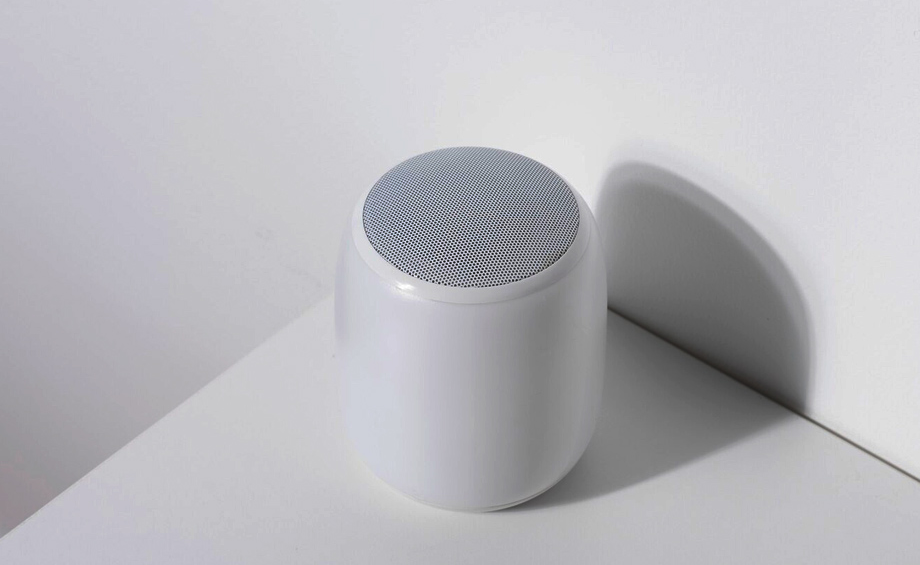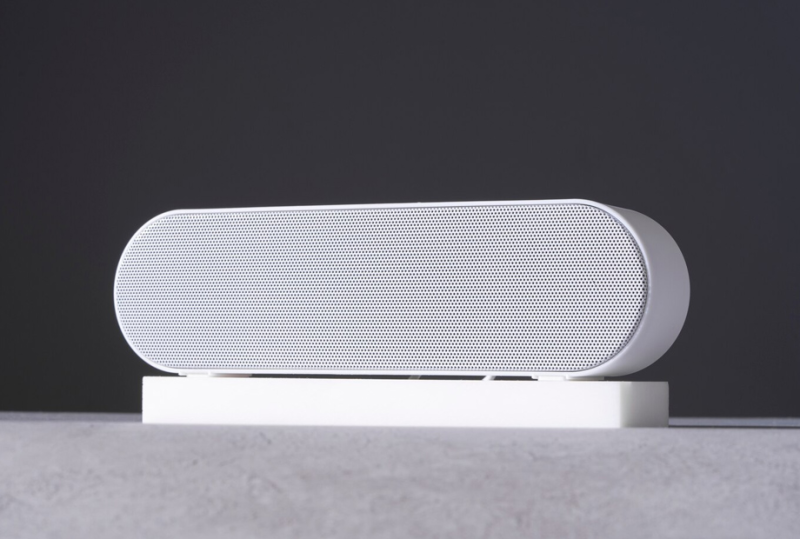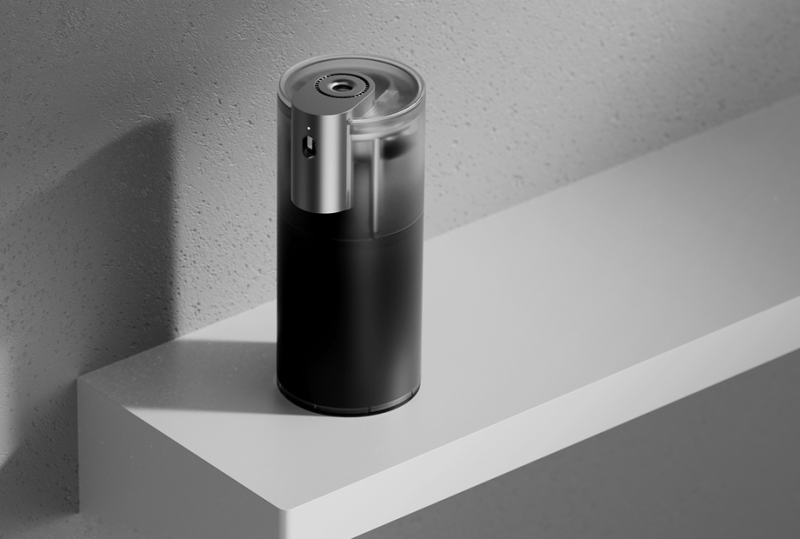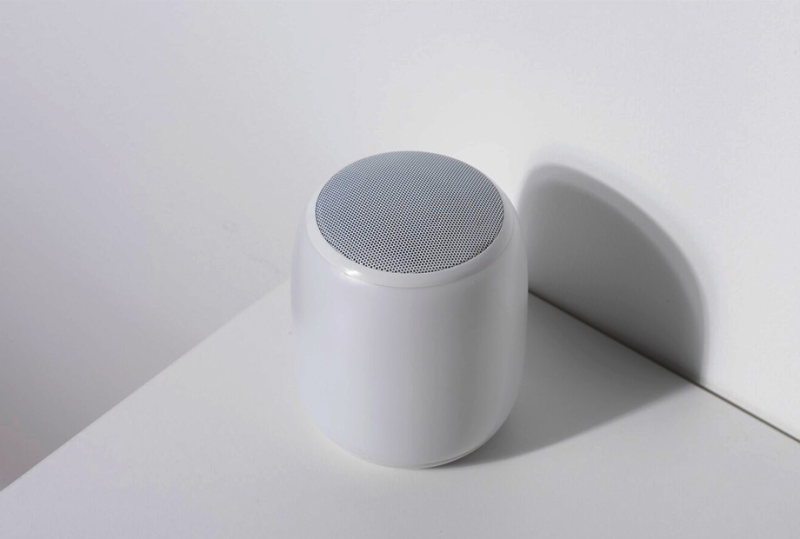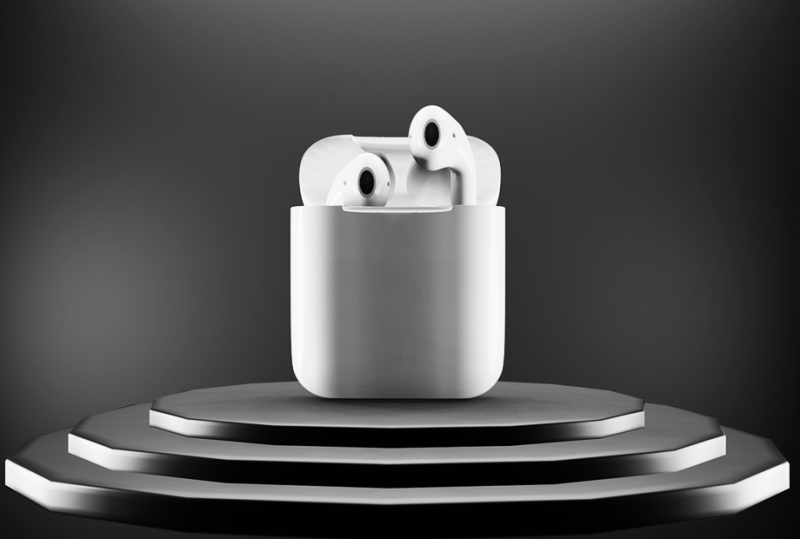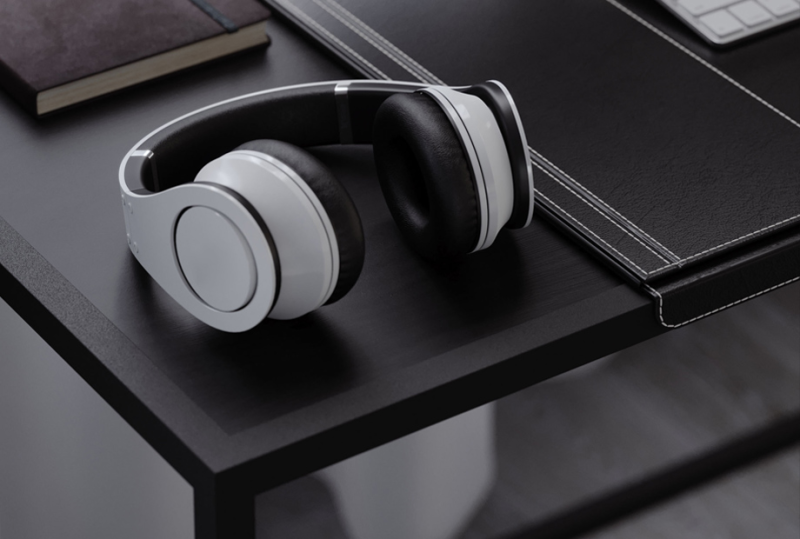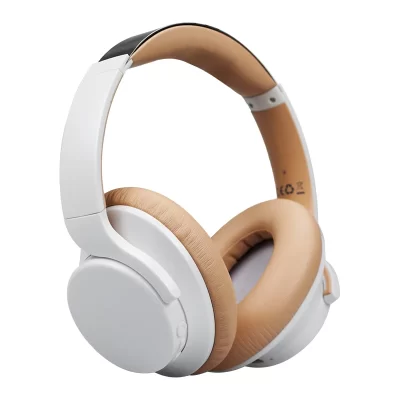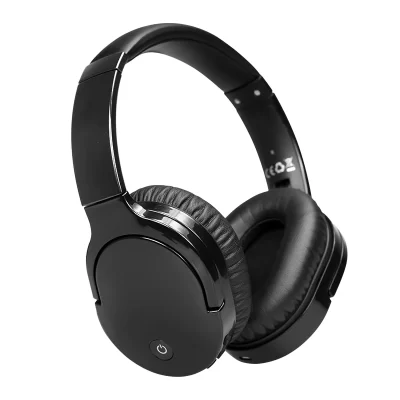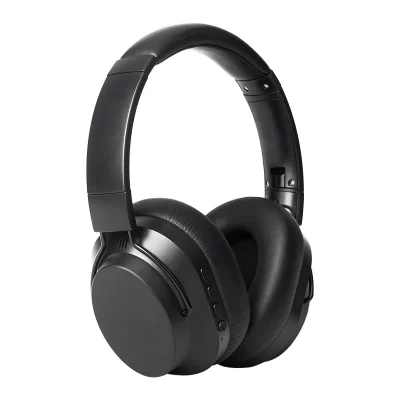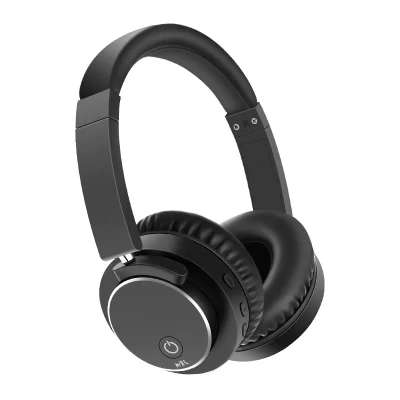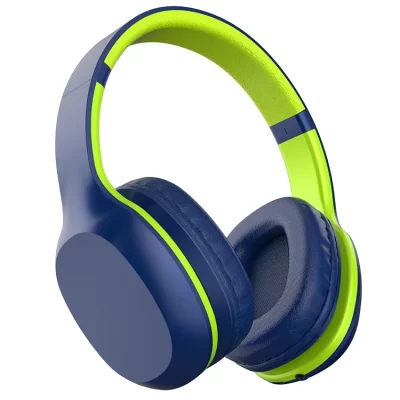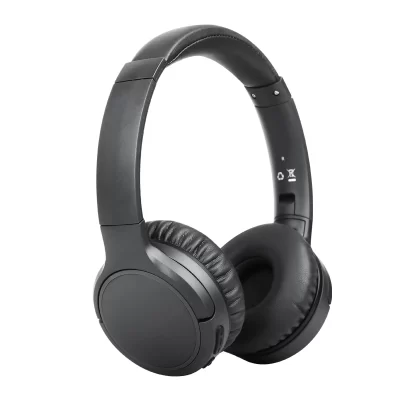A hundred years ago, if you wanted to listen to music, you had to sit down at a phonograph and play a shellac record. Forty years ago, you could listen to your Walkman on the go, but you still had to connect your audio source (the tape) and headphones to the device.
Today, we’ve entered the age of mobile music. Wired music is a thing of the past, wireless music has taken over; now, you can listen to your favorite music through wireless speakers.
If you’re thinking about buying a wireless speaker, you have the choice between Bluetooth and WiFi.
Which one should you choose? It depends. Join us as we dive into the ultimate battle of wireless audio: WiFi vs. Bluetooth speakers.
What are Bluetooth speakers?
Bluetooth speakers use Bluetooth technology to connect to your device (smartphone, laptop, or other music streaming device). Bluetooth is a wireless connectivity solution that was designed to solve the problem of short-range connectivity.
That being said, how do Bluetooth speakers work? Bluetooth speakers work by pairing your device directly to the speaker. Once connected, any audio playing on your phone or laptop will play through the Bluetooth speaker.
What are WiFi speakers?
WiFi speakers connect to each other and to your music devices over your home WiFi network. Since they require a WiFi connection, most WiFi speakers are designed for home or office use.
Interestingly, some WiFi speaker systems also have Bluetooth capabilities. For example, you can connect multiple speakers using WiFi, and then connect your phone to those speakers using Bluetooth.
WiFi speakers work by connecting to your devices via WiFi. You can think of a WiFi router as the intermediary between your devices and your speakers – you select a song on your favorite streaming service, that signal goes to the router, and the router then passes that information to your speakers.
Key Differences Between WiFi and Bluetooth Speakers
Both WiFi and Bluetooth speakers allow you to listen to your favorite music wirelessly. However, their similarities end there.
How do the two differ in terms of important features? Let’s compare them.
Connection Range
One of the limitations of wireless audio is range. Even without a wire, you can only be so far away from the speaker. The audio source (your phone or laptop) needs to be kept relatively close.
Bluetooth’s range is typically up to 33 feet; WiFi speakers can support up to 100 to 200 feet.
While there are big differences between the two, these limitations aren’t noticeable in everyday use. As long as you keep your device close to the speaker, you won’t have a problem with either option.
Sound Quality
Of course, how a speaker sounds depends on many factors, including:
• Size
• Materials
• Design
• Price
While we can’t take all of these variables into account, we can compare the differences in sound between Bluetooth and WiFi.
In short, WiFi has better audio quality than Bluetooth. This is because WiFi has a larger bandwidth than Bluetooth.
When you stream a song, you’re passing data from one point to another. The greater the bandwidth, the more data is transferred and the higher the transfer rate, which means you can listen to higher-quality audio.
In the end, if you’re a fan of high-resolution or lossless audio, WiFi may be your best choice. However, if you only listen occasionally, you probably won’t notice the slight drop in quality caused by Bluetooth technology.
Power Usage
It’s also worth exploring how each option consumes power.
WiFi speakers are not usually truly wireless. In many cases, WiFi speakers draw power from the wall via a power cord. This means you don’t have to worry about battery life—but it also means they don’t act as truly portable speakers.
Bluetooth speakers, on the other hand, tend to offer a “true” wireless experience. Instead of using an AC power cord, Bluetooth speakers use disposable batteries or, more likely, rechargeable battery packs. Once you charge the speaker, you can listen for hours.
Compatibility and Connectivity
One of the biggest advantages of Bluetooth connectivity is that it’s backwards and forwards compatible, meaning that almost anything can be paired with it. Connecting your phone, computer, gaming console, or other smart device is as easy as pressing a button.
WiFi speakers, on the other hand, require a WiFi connection. Additionally, you usually need to download and set up a smartphone app to use the WiFi speaker.
Multi-Room Audio Support
There’s one last difference to note: the ability to listen from multiple rooms.
Bluetooth speakers are usually standalone devices, which means you can’t connect more than one. You have to carry a lightweight speaker with you if you want to listen in different rooms.
With WiFi, you can connect multiple speakers together and listen to the same song in the kitchen, living room, and bedroom.
Bluetooth Speaker Pros and Cons
Now that we’ve looked at some of the features of WiFi vs. Bluetooth speakers, let’s see how they compare—starting with Bluetooth.
Pros
Bluetooth speakers are an ideal choice for a few reasons:
• Portability – Bluetooth speakers are 100% wireless and are usually small, making them a breeze to carry anywhere. You can easily throw them in a backpack and enjoy your music wherever you go.
• Ease of connection – Connecting a Bluetooth speaker is as simple as opening your device settings and selecting the speaker. Then, it’s just a tap or click to play your music.
• Affordability – Although prices vary, Bluetooth speakers are generally more affordable than expensive WiFi setups.
Cons
While Bluetooth speakers have a lot of pros, they aren’t perfect. Some of these cons include:
• Limited range – The 33-foot limit on Bluetooth devices can cause connection issues; too far away and you’ll hear choppy sound. Most people keep their phones or laptops next to the speakers when they’re not using them to ensure a clear connection.
• Not as much focus on sound quality – Most Bluetooth speakers are designed to be lightweight and portable. As a result, sound quality is sometimes overlooked. Of course, there are Bluetooth speakers that are designed with portability and sound quality in mind, so this isn’t always an issue.
WiFi Speaker Pros and Cons
But what about WiFi speakers? Here are some of the pros and cons of going the WiFi route.
Pros
Depending on your needs, you may prefer a WiFi speaker. WiFi speakers typically have:
• Better sound quality – Since WiFi speakers are designed to be stationary, they are typically larger and more expensive. These factors, along with the increased bandwidth of a WiFi connection, result in better sound quality.
• Wider range – As mentioned above, WiFi speakers can be 100-200 feet away from the audio source, giving you more freedom to move around your home. This range makes WiFi speakers ideal for multi-room setups, as they can be linked together from virtually anywhere in your home.
Cons
Like everything in life, WiFi speakers have both pros and cons. These pros include:
• Higher cost – WiFi speakers tend to be much more expensive than Bluetooth speakers due to their size and built-in technology. Considering WiFi setups typically have more than two speakers, the cost can be even higher.
• Dependence on WiFi networks – Since WiFi speakers can’t work without an internet connection, they’re limited to indoor use. They’re great for a home theater or game room, but won’t be accompanying you on the beach or a hike anytime soon.
• Bandwidth limitations – While WiFi has more bandwidth than Bluetooth, WiFi speakers have a different problem: competition with other users. Every WiFi device in your home, from phones and computers to TVs and refrigerators, uses the same network as your speakers. So if your internet usage spikes, you might run into audio playback issues.
Choosing the Right Speaker
Sometimes, choosing between two similar, yet unique options can be impossible. Luckily, the choice between WiFi and Bluetooth speakers is mostly clear-cut because they cater to different people.
WiFi speakers may be for you if:
• You listen to music primarily at home
• You need a multi-room sound system
• You’re a fan of high-resolution or lossless audio
• You’re tech-savvy
However, Bluetooth may be a better choice if:
• You like to listen on the go
• You want the flexibility to play music indoors or outdoors
• Play music with friends
• You want your technology to be easy to use
Ultimately, if you’re a music lover, you’ll be happy with either option—as long as you invest in high-quality speakers.

